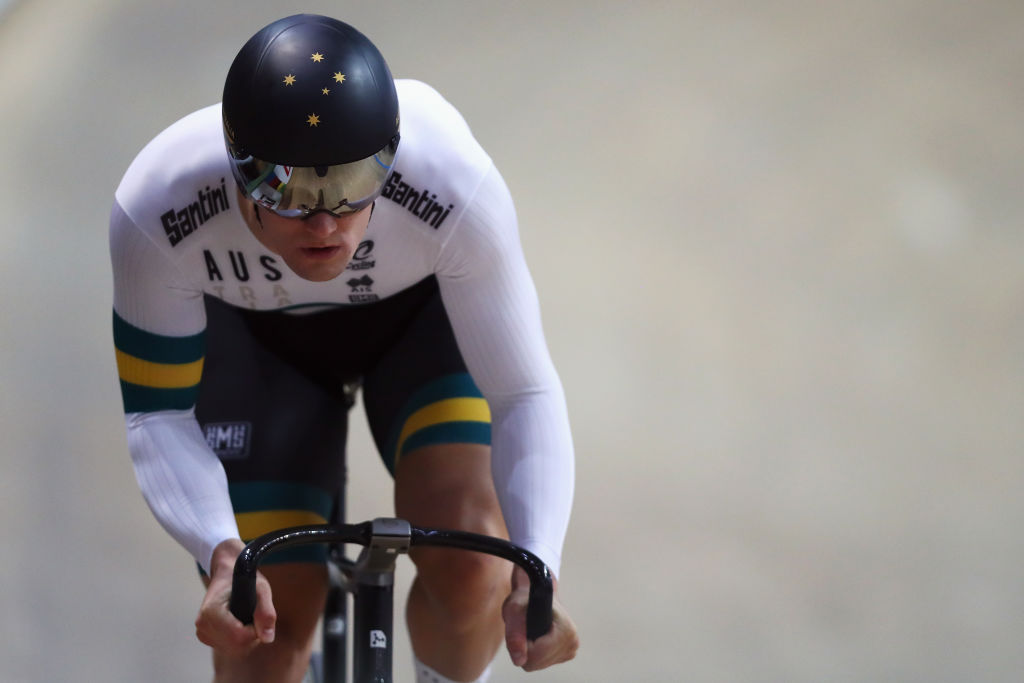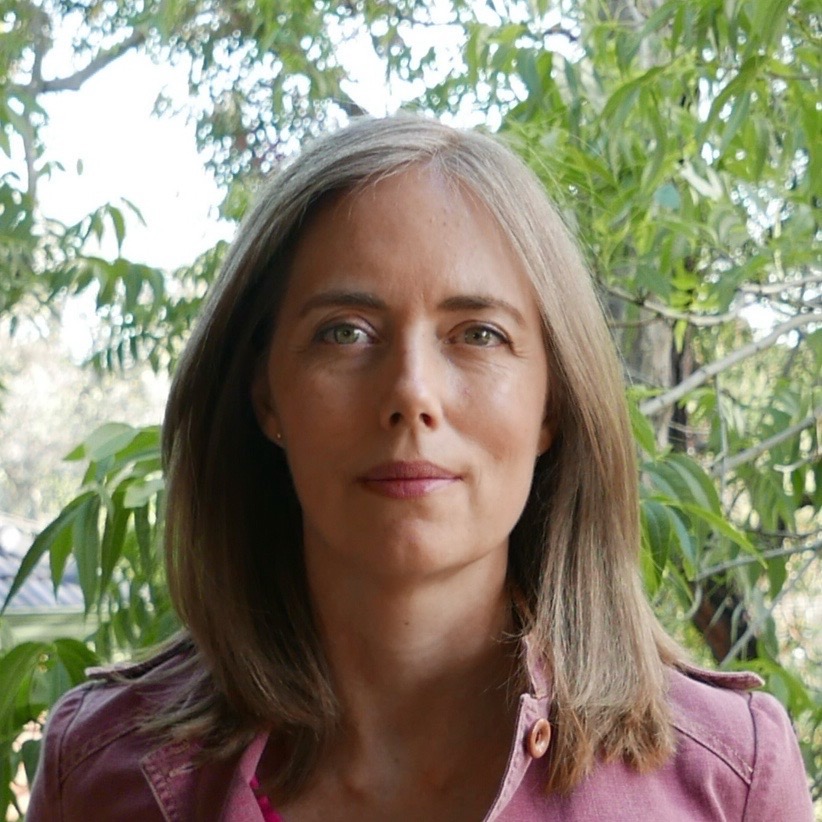Matthew Glaetzer: From cancer to a shot at Tokyo Olympics track cycling medal
After tough two years Australian track rider lines up for Team Sprint ready to fight for top spots

The COVID-19 pandemic and the one-year delay of the Tokyo Olympics have undoubtedly had a profound impact on the Australian track sprint team, including the loss of a serious gold medal opportunity with the retirement of Stephanie Morton, but on the flip side it has given a core part of the men’s sprint squad, Matthew Glaetzer, time to rebuild.
It is an understatement to say that the 28-year-old South Australian faced a difficult run in to his third Olympics, particularly if it had been held in 2020 as scheduled. Being diagnosed with thyroid cancer in November of 2019 and undergoing surgery to remove the cancerous growth wasn’t the end of his challenges as his return was then interrupted when he sustained a leg injury in training in February of 2020.
Still, despite not having raced for two years, Glaetzer will soon line up at the Izu Velodrome for the first of his events, the Team Sprint, confident in his preparation and with the benefit of a whole new perspective for his third Olympics.
“It's been a really tough two years for me,” said Glaetzer from Tokyo in the days leading into his first event.
“I've had to overcome a lot. The cancer diagnosis turned my world upside down and then I tore my calf, had tendonitis issues and all the way through managing things hurt my neck.
“It's been a tough process, but I've been pretty strong throughout it and I've come out the other side in a really good position.”
Glaetzer is on the entry list for the men’s Sprint and the Keirin but it is the Team Sprint – which he will race with Rio Olympics teammate Nathan Hart and Matt Richardson – where most of the focus has been.
Get The Leadout Newsletter
The latest race content, interviews, features, reviews and expert buying guides, direct to your inbox!
The nation fell just out of the medals at the event in Rio but took bronze in 2020 at the Track World Championships, where Glaetzer couldn’t line up because of his calf injury.
"Definitely for the boys to come away with a bronze medal at the World Championships without me, knowing that we would have gone significantly quicker with me in the team, is super encouraging,” Glaetzer said.
“We're in a pretty strong place and we're really excited to see what we can do on this fast track. The Team Sprint is the event that we're gunning for and we believe we can be right up there."
It has definitely been a different preparation for the Olympics than normal, with the opportunities to compete limited by the COVID-19 pandemic which means the last big international event that all the key rivals attended was the 2020 UCI Track World Championships, held in February of that year. Plus with the health and injury issues Glaetzer has faced, it’s been an even longer absence from racing, stretching to nearly two years.
"We've done our best in-house to prepare by racing each other and trying to watch a bit of video so we're as prepared as we can be,” said Glaetzer.
“But it is a big unknown and we don't really know until we step out on that track what we have compared to the other nations. But we're confident in our team. We've got a really strong performance in us so we're just trusting in our ability and will see how that stacks up with the rest of the world come that first run."
The competition
The Dutch squad line up as the ones to beat in the Team Sprint, having won the event at the last three Track World Championships.
“They've changed the game,” Glaetzer said.
“They've had a really big step up in performance and have beaten people by almost a second. We believe we have closed that gap and can take it to them but it's going to be hard for sure.”
Great Britain, too, can't be looked past as the team have taken out gold in the event for the last three Olympics and they have Jason Kenny - who was there for all of those wins – as part of their squad again this Olympics.
“You always want to beat the Brits for sure and they always come up for the Olympics,” Glaetzer said, referring to a longstanding track rivalry between the two nations.
“They never really look like they're too fast leading into the Games but then, you know that at the Games they are going to deliver. They've got such a good programme, they have got such good backing and they're talented athletes. And Jason Kenny coming back, I mean, he's Jason Kenny, he can do anything really so you don't really know.”
Unlike Great Britain, Australia hasn’t had a lot of recent medal success in the team sprint, missing out with a fourth in 2016 and 2012, with the last time they reached the Olympic podium in the men’s event being Sydney in 2000.
This time, Glaetzer, who has had more than his fair share of fourth place finishes, is planning to change that but with a renewed perspective wants to be sure to enjoy the experience, regardless of the result.
“If all goes to plan and we come away with a medal, it's going to be so satisfying,” Glaetzer said. “We put so much work into it and we've dedicated so much of ourselves to this one moment that I think if it all comes off, then, yeah, it's just going to be a massive, massive moment for everybody and that final reward for all that hard work and that we've put in.
“But at the same time, I'm grateful to be here. At the end of the day, it is just a bike race and there's more to life than elite sport. Yes, it seems like our world right now, but for me, with what I've gone through, it's put my mindset in a completely different place and I'm just really grateful. I think it's going to be a celebration of what we can do in life when we work hard together and if the result comes, then brilliant.”

Simone is a degree-qualified journalist that has accumulated decades of wide-ranging experience while working across a variety of leading media organisations. She joined Cyclingnews as a Production Editor at the start of the 2021 season and has now moved into the role of Australia Editor. Previously she worked as a freelance writer, Australian Editor at Ella CyclingTips and as a correspondent for Reuters and Bloomberg. Cycling was initially purely a leisure pursuit for Simone, who started out as a business journalist, but in 2015 her career focus also shifted to the sport.